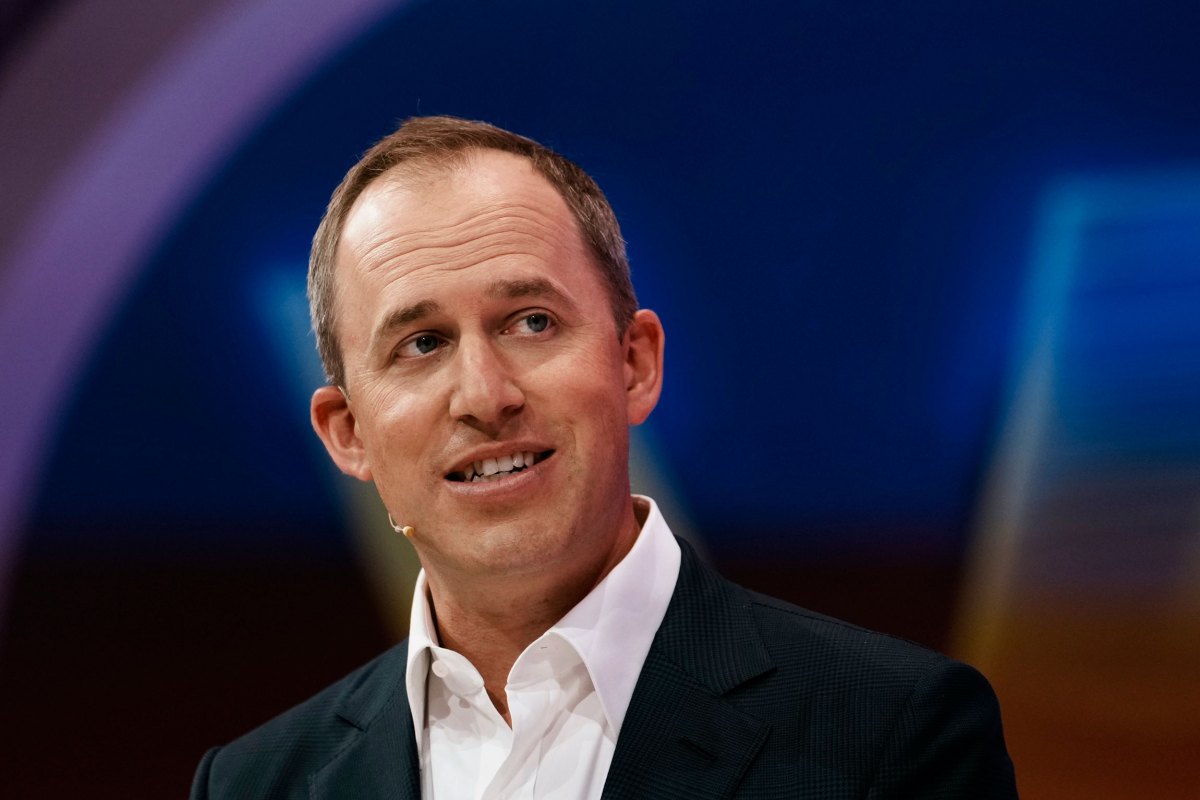During his Mobile World Congress fireside chat in Barcelona, Bret Taylor, the founder of Sierra and OpenAI board chair, did not provide a clear definition of an AI agent. When asked by CNN moderator Anna Stewart how “agentic AI” differs from a GenAI chatbot, Taylor deflected the question, stating that while people may dislike the term “agentic AI”, they appreciate the empathetic responses provided by AI agents.
As the founder of a startup building a customer service AI agent, Taylor expressed his enthusiasm for the technology’s potential, stating that he is more excited about large language models and the current wave of technology than any other technology he can remember, possibly since he first discovered the internet as a teenager.
The significant advancement in generative AI-fueled customer service AI agents, compared to earlier AI chatbots, lies in their enhanced capabilities, such as being multilingual and instantaneous.
Taylor noted that these AI solutions are now superior to their alternatives, citing examples of companies like SiriusXM and ADT home security, where AI agents can help resolve issues without the need for human intervention. He also mentioned that people tend to like interacting with these agents.
The increased capability of AI service bots is enabling companies to reduce their customer service costs, which Taylor believes will lead to an overall improvement in the consumer experience for many brands.
Supercharging Customer Experience
However, Taylor acknowledged that overly capable AI bots can also lead to new challenges, such as “hallucinating” refund policies that do not exist. To address this issue, he emphasized the importance of brands developing appropriate “guardrails” for their AI agents to ensure safe implementation.
Taylor expressed optimism that as customer service agents become more tailored to specific use-cases and policies, the challenges associated with their implementation will decrease. His philosophy is to not wait for the technology to be perfect but to focus on narrowing the domain to make intractable problems solvable.
Rather than trying to solve all the world’s AI problems, Taylor suggested that companies should concentrate on a specific domain and implement practical guardrails to address problems in the present. He cited examples of AI specialization, such as AI code assistant Cursor and OpenAI-backed legal tech Harvey, which are successfully applying AI agents in defined domains.
Taylor’s vision for the future of AI agents is that they will become as significant as a company’s website or mobile app in terms of customer interactions. He predicted that in five to ten years, AI agents may become the primary digital experience for many brands.
The way people interact with AI agents is likely to evolve, with user interfaces becoming less prominent as technologists strive to make it easier to access the technology’s utility. Taylor hopes that the advent of conversational AI will lead to a reduction in screen time, allowing people to engage with technology without constantly staring at screens.
Responsibility for Reskilling
Regarding the potential disruption that customer service AI agents could cause in the job market, Taylor acknowledged the concern but expressed optimism that the shift will ultimately be beneficial for humanity. While some job roles may become obsolete, new ones will emerge to replace them.
However, Taylor recognized that technology makers have a responsibility to address the need for reskilling and not just deliver the technology. He emphasized the importance of public-private partnerships to ensure that reskilling can keep pace with the rate of change.
When asked about OpenAI’s plan to transition from a non-profit to a for-profit venture, Taylor stated that the company’s mission to develop artificial general intelligence that benefits humanity remains unchanged. He highlighted the high costs of developing AI technology and expressed his hope that any future structure will enhance the company’s mission.
Taylor reiterated that OpenAI’s mission will not change, and any future structure will be designed to amplify and enhance that mission. He concluded by emphasizing the importance of responsible development and implementation of AI technology.
Source Link





